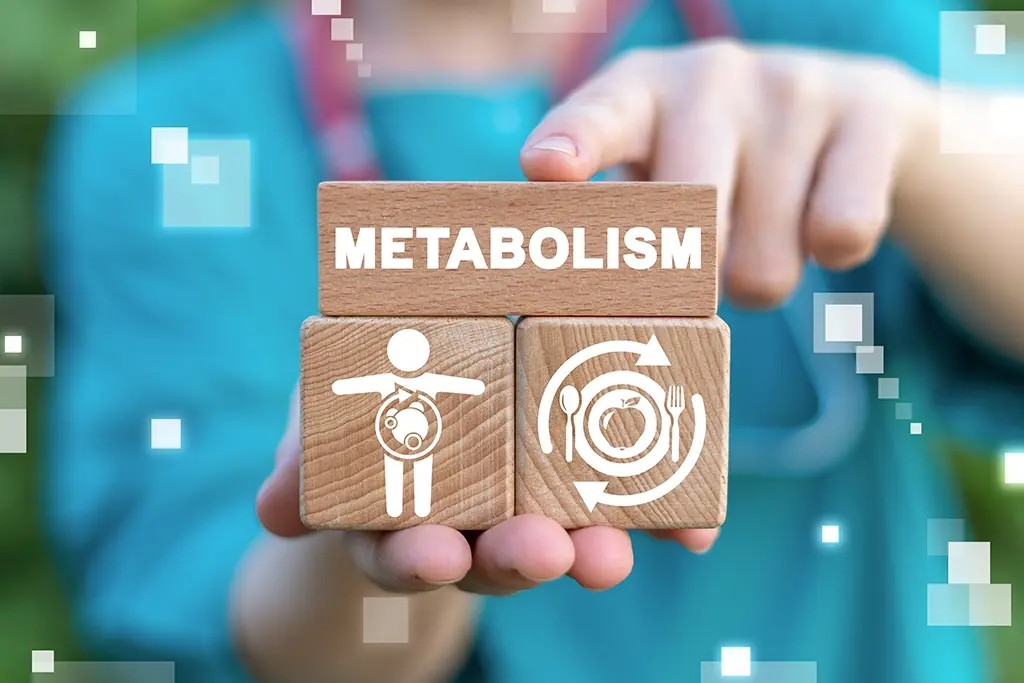Candida albicans is probably one of the most prevalent fungi that live on and in the human body. It’s a normal part of the body’s microbial community, and it usually doesn’t cause any harm. However, under certain conditions, Candida can overgrow and lead to infections or health problems. In fact, studies show that Candida is one of the most common fungal infections in humans. What’s the cause of Candida overgrowth, and how to successfully treat it? Let’s find out.
Blog
Hack Your Metabolism. Aging is inevitable, but it’s also one of the main reasons we get sick. Our bodies naturally start taking more and more time to recover, our metabolism starts slowing down, and cells have a harder time rejuvenating. That leaves plenty of room for our bodies to start making unintentional mistakes on a cellular level, increasing our risk of disease and infection.
David Sinclair, A.O., Ph.D. one of the top scientists and researchers in the aging field is known for his Information Theory of Aging, which is based on the premise that aging is the result of losing essential instructions that your cells need to continue functioning.
So, how can we hack our metabolism to slow down the aging process and why does it play such a huge role in our lifespan?
Medicine Cabinet. People keep all sorts of products in their medicine cabinet, from prescriptions they really need for an existing health condition and exercise supplements, to multivitamins and other medicine that shouldn’t be there. Here’s how to determine what to keep and what to throw away.




